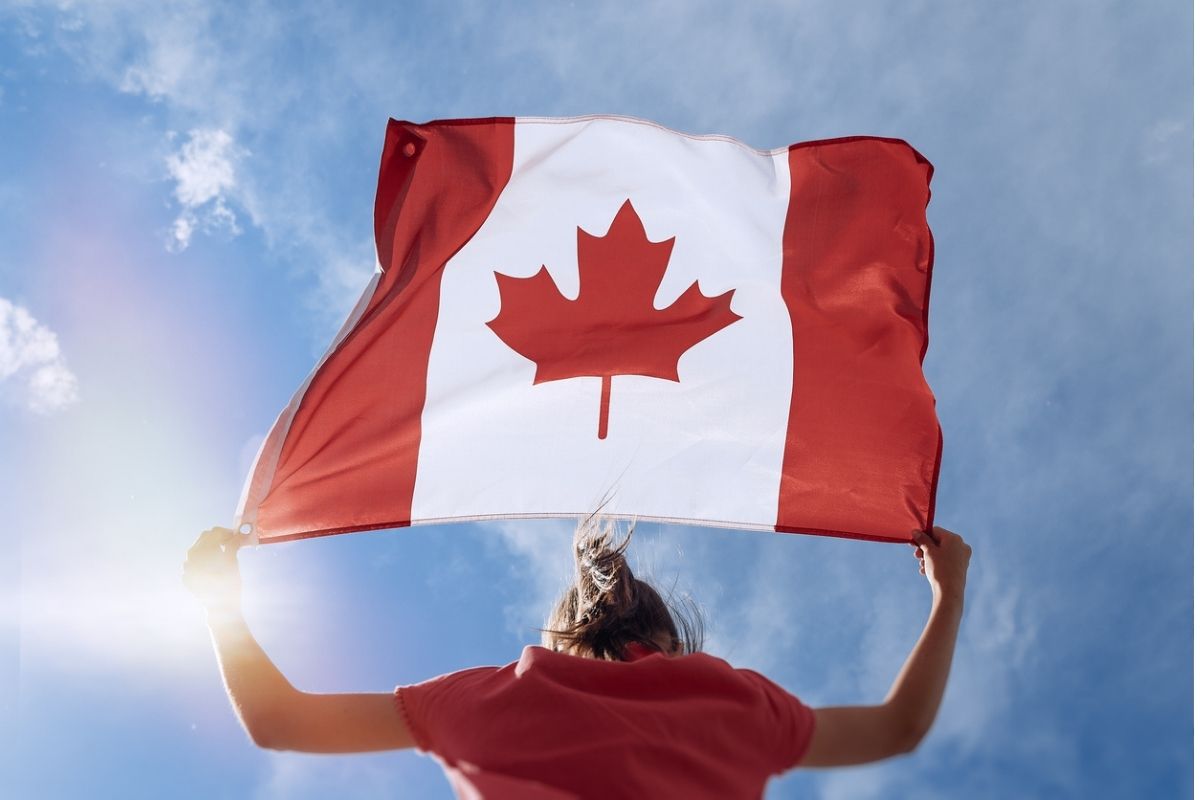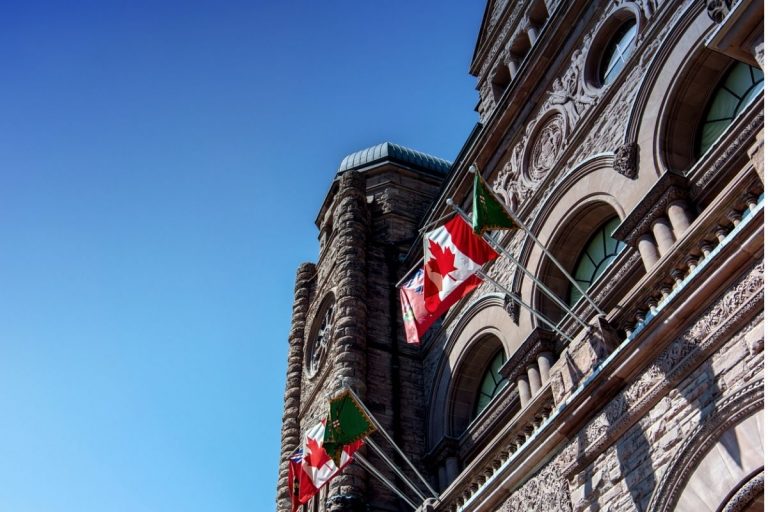Canada will ease pre-departure travel restrictions for fully vaccinated travelers starting Feb. 28, Health Minister Jean-Yves Duclos announced Tuesday.
Double-vaccinated travelers to Canada will no longer have to submit a PCR test taken 72 hours prior to departure as they are required to do today.
Instead, they will be allowed to take a hospital-administered rapid antigen test no later than one day before their scheduled departure or arrival in the territory.
Random passengers will still be chosen for a PCR test upon arrival, but they will not be required to quarantine while waiting for their results.
The decision has been welcomed by the travel sector since antigen tests are less expensive than PCR tests and provide results within minutes, alleviating the financial strain placed on travelers.
Suzanne Acton-Gervais, interim president of the National Airlines Council of Canada said that “today’s announcement by the federal government is a step forward both for travelers, our industry, and for the Canadian economy, which relies on trade and tourism.”

Canada will periodically assess the situation looking to remove testing requirements for fully vaccinated Canadians who go abroad for less than 72 hours, mainly to the United States.
“I am happy to announce these changes today, as I know many of us are looking forward to living with fewer restrictions. However, we must continue to exercise prudence,” Duclos said. “Let me be clear: Our fight against the virus is not over.”
“These changes are possible not only because we have passed the peak of Omicron, but because Canadians across the country have listened to the science and to experts,” Duclos told reporters.
Authorities also announced plans to lift its current advisory against non-essential travel abroad.
“…After two years of following individual public health measures, such as getting vaccinated, wearing masks, keeping our distance and staying at home if sick, Canadians know what to do to keep themselves and each other safe,” Duclos said.
Duclos, however, stated that entry restrictions may change depending on the course of the pandemic.
For the time being, Alberta, Saskatchewan, Quebec, and Ontario have announced a lifting of a number of restrictions as infection rates decline.

